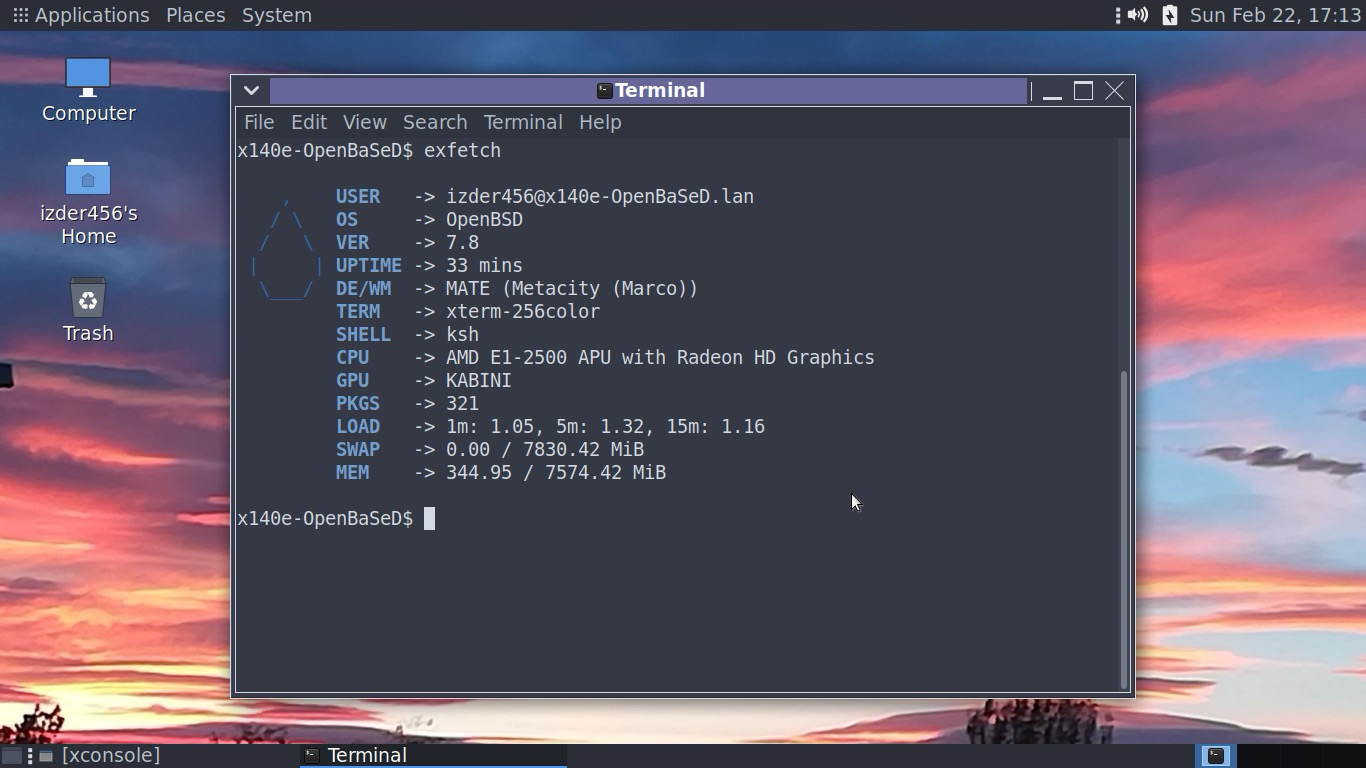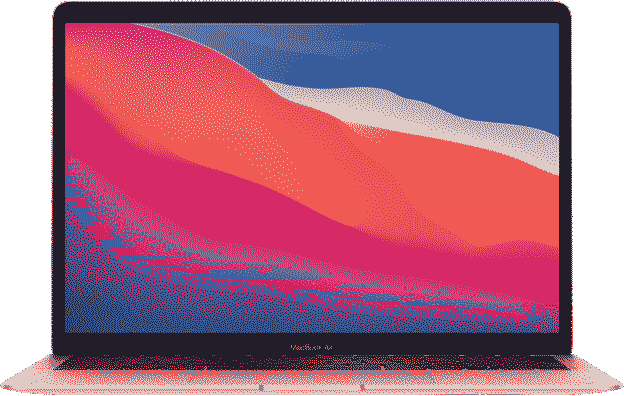which of the latest generations of #thinkpad x1 is well supported on #openbsd: for this project we need hardware-accelerated graphics, audio, wifi, everything... except bluetooth :)
see also
x1 carbon gen 11 by reyk
x1 carbon gen 9 by xosc
x1 nano gen 1 by jcs
tmppath promise removed from pledge(2) in -current https://www.undeadly.org/cgi?action=article;sid=20260226164038 #openbsd #pledge #tmppath #development #programming #security #securesystems #freesoftware #libresoftware
tmppath promise removed from pledge(2) in -current https://www.undeadly.org/cgi?action=article;sid=20260226164038 #openbsd #pledge #tmppath #development #programming #security #securesystems #freesoftware #libresoftware
Another subprocess for vmd(8) https://www.undeadly.org/cgi?action=article;sid=20260226110600 #openbsd #vmd #virtualization #virtio
Another subprocess for vmd(8) https://www.undeadly.org/cgi?action=article;sid=20260226110600 #openbsd #vmd #virtualization #virtio
Game of Trees 0.123 released https://www.undeadly.org/cgi?action=article;sid=20260226054524 #openbsd #gameoftrees #got #git #gothub #development #programming #versioncontrol #sourcecontrol
Game of Trees 0.123 released https://www.undeadly.org/cgi?action=article;sid=20260226054524 #openbsd #gameoftrees #got #git #gothub #development #programming #versioncontrol #sourcecontrol
Took about 15 minutes to spin up a mate desktop with #openbsd
Thats pretty easy.
Around 11 minutes of that 15 was installing the os and the desktop packages, but im on a slow 100mbit internet. The remaining 4 or so was configuring which involved reading a pkg-readme file, following instructions in it, and setting up a few themes.
I really don't get it when people say OpenBSD is hard to set up. Its really not
When i show screenshots of my usual setup on openbsd in linux-oriented places online i'll often get questions like "how do you *even* run that? Isn't it bad for desktop?" Or "openbsd is really bad and supports nothing, i don't think i could use it" or, "you're brave for using openbsd, i could NEVER" Etc.
Ive been getting by fine for the past 4 years or so, and have no plans to switch away.
Its true that desktop on the BSDs isn't nearly as streamlined as some linux systems, but if you can put in a little effort, its actually really quite nice to use as a desktop, and in some ways, better than linux
age of consent
age of consent
anyone running #openbsd on macbook air m1 or similar? -stable or -current? what hardware works? what is not supported yet?
Yes, You Too Can Be An Evil Network Overlord - On The Cheap With OpenBSD, pflow And nfsen https://nxdomain.no/~peter/yes_you_too_can_be_an_evil_network_verlord.html
A story about network metadata and #openbsd, originally from 2014, good for reprising. See The Book of PF for more #nfsen #netflow #pflow #monitoring #networking #security #pf #packetfilter #bookofPF @nostarch
Yes, You Too Can Be An Evil Network Overlord - On The Cheap With OpenBSD, pflow And nfsen https://nxdomain.no/~peter/yes_you_too_can_be_an_evil_network_verlord.html
A story about network metadata and #openbsd, originally from 2014, good for reprising. See The Book of PF for more #nfsen #netflow #pflow #monitoring #networking #security #pf #packetfilter #bookofPF @nostarch
Latest 𝗩𝗮𝗹𝘂𝗮𝗯𝗹𝗲 𝗡𝗲𝘄𝘀 - 𝟮𝟬𝟮𝟲/𝟬𝟮/𝟮𝟯 (Valuable News - 2026/02/23) available.
https://vermaden.wordpress.com/2026/02/23/valuable-news-2026-02-23/
Past releases: https://vermaden.wordpress.com/news/
#verblog #vernews #news #bsd #freebsd #openbsd #netbsd #linux #unix #zfs #opnsense #ghostbsd #solaris #vermadenday
Latest 𝗩𝗮𝗹𝘂𝗮𝗯𝗹𝗲 𝗡𝗲𝘄𝘀 - 𝟮𝟬𝟮𝟲/𝟬𝟮/𝟮𝟯 (Valuable News - 2026/02/23) available.
https://vermaden.wordpress.com/2026/02/23/valuable-news-2026-02-23/
Past releases: https://vermaden.wordpress.com/news/
#verblog #vernews #news #bsd #freebsd #openbsd #netbsd #linux #unix #zfs #opnsense #ghostbsd #solaris #vermadenday
Took about 15 minutes to spin up a mate desktop with #openbsd
Thats pretty easy.
Around 11 minutes of that 15 was installing the os and the desktop packages, but im on a slow 100mbit internet. The remaining 4 or so was configuring which involved reading a pkg-readme file, following instructions in it, and setting up a few themes.
I really don't get it when people say OpenBSD is hard to set up. Its really not
When i show screenshots of my usual setup on openbsd in linux-oriented places online i'll often get questions like "how do you *even* run that? Isn't it bad for desktop?" Or "openbsd is really bad and supports nothing, i don't think i could use it" or, "you're brave for using openbsd, i could NEVER" Etc.
Ive been getting by fine for the past 4 years or so, and have no plans to switch away.
Its true that desktop on the BSDs isn't nearly as streamlined as some linux systems, but if you can put in a little effort, its actually really quite nice to use as a desktop, and in some ways, better than linux
One of the several times I was asked to do a talk about why I'm an #opensource enthusiast with a particular fondness for #OpenBSD, I wrote "Recent and not so recent changes in OpenBSD that make life better (and may turn up elsewhere too)" https://nxdomain.no/~peter/recent-and-not-so-recent_changes_in_openbsd_that_make_life_better.html in 2021.
Things have happened since, of course, but those things are still developments I remember fondly.




